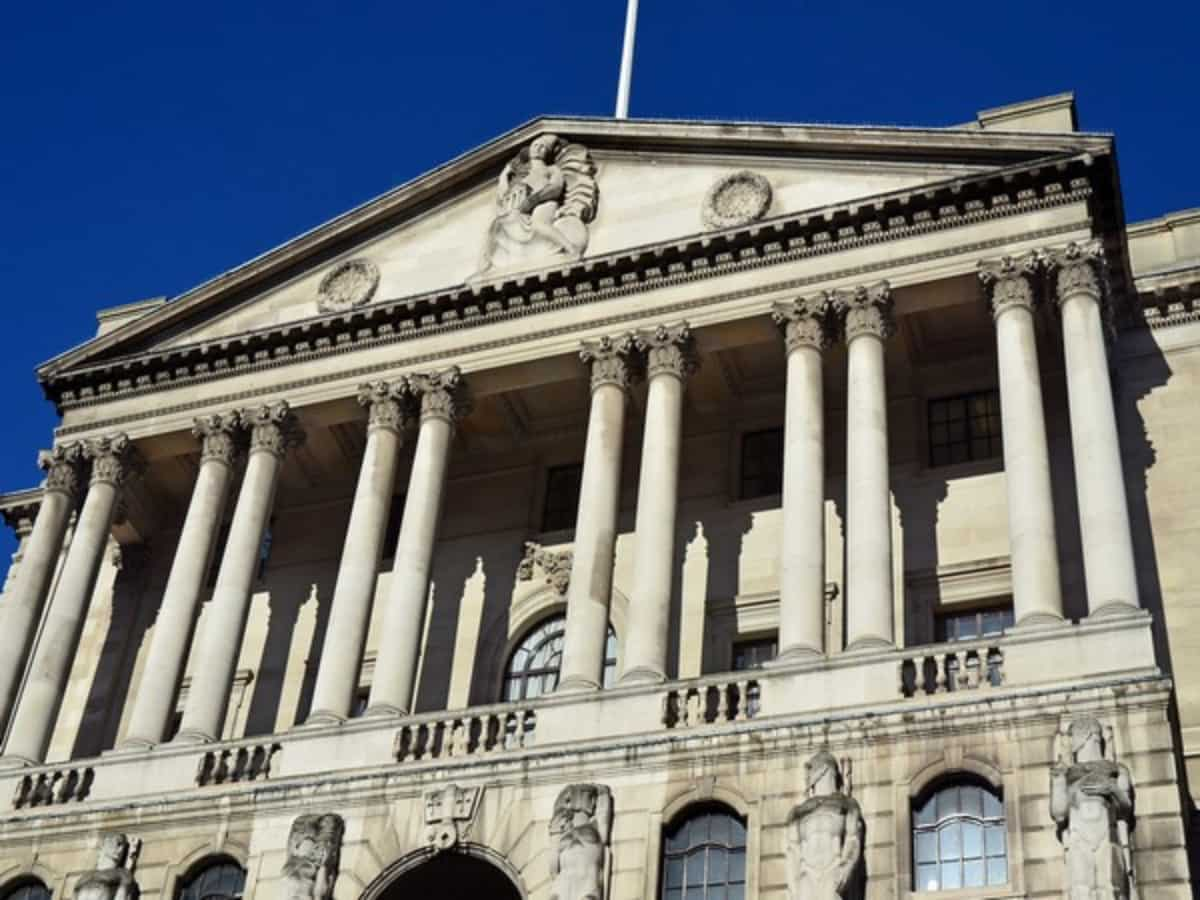The Bank of England has lowered its key interest rate by 25 basis points to 4.25%, as mounting global trade tensions and uncertainty over US tariffs cast a shadow over Britain’s economic outlook.
The widely expected rate cut was announced at 11:02 GMT—two minutes later than usual—to observe a moment of silence commemorating the 80th anniversary of Victory in Europe Day. It follows a decision by the US Federal Reserve to hold borrowing costs steady on Wednesday, while the European Central Bank slashed rates last month in a bid to bolster growth across the eurozone.
Financial markets had already priced in the cut, but all eyes were on the language accompanying the Bank’s decision. Analysts are particularly watching for signals on whether further easing could come later this year.
“While the Bank of England is universally expected to cut… the key to the reaction in the pound will be the bank’s accompanying communications,” said Enrique Diaz-Alvarez, Chief Economist at global financial services firm Ebury. He added that the central bank is likely to downgrade its forecasts for both inflation and economic growth in 2025 and could caution that US tariffs may dampen the UK economy and inflation levels.
Britain is currently facing the threat of 10% tariffs on most of its exports to the United States, its second-largest trading partner after the European Union. The proposed duties are part of a broader wave of protectionist measures introduced by US President Donald Trump, sparking fears of a global slowdown. Falling oil prices—driven partly by these trade tensions—are also easing inflationary pressures.
Bank of England Governor Andrew Bailey has warned that even if the UK avoids the most punitive tariffs, the measures could still weigh on the domestic economy. London is engaged in negotiations with Washington for a post-Brexit trade agreement, which may involve a compromise on the UK’s digital services tax targeting American tech companies in exchange for tariff relief.
This marks the BoE’s first rate move since March, when it opted to hold steady at 4.5% after a series of three cuts over the preceding seven months. Despite efforts to stabilize the economy, Britain continues to face sluggish growth and external headwinds that are complicating its path to recovery.
Anurag Dhole is a seasoned journalist and content writer with a passion for delivering timely, accurate, and engaging stories. With over 8 years of experience in digital media, she covers a wide range of topics—from breaking news and politics to business insights and cultural trends. Jane's writing style blends clarity with depth, aiming to inform and inspire readers in a fast-paced media landscape. When she’s not chasing stories, she’s likely reading investigative features or exploring local cafés for her next writing spot.






